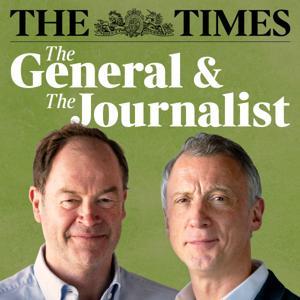A long held military truism is about commanding the high ground in any fight: often regarded as a precursor to victory. In the days of digital evangelism, much is made of this tenet in a metaphorical sense: there are claims that controlling the digital high ground will guarantee success. But warfare continues to require operating and fighting in physical terrain. In recent conflicts, few forces have been able to avoid fighting in mountains: the prevailing forces usually exploit mountains as the literal high ground. In the Kargil War, Nagorno-Karabakh, Kashmir, Afghanistan, and in Ukraine, as well as in resistance operations by the Kurds, mountain warfare has been a significant feature in fighting.
Mountain warfare involves mobility (skiing, snowshoeing, dogs, mules, sledges, et al), mountaineering (ascending, roped or free climbing, traverses, rappelling, etc), cold weather survival (including avalanche preparation), and operating at height. It is also warfare: the requirements are not simply surviving and operating in cold weather or high environments but to contest, challenge, and fight in these conditions. Warfare in such environments cannot simply be bases and patrols, they do (and will continue to) entail combat operations.
The history of human conflict does indeed demonstrate the advantages in controlling the high ground. The literal high ground. The realities of mountain and cold weather warfare – and the C2 element of that – cannot be escaped. Which is why so many states retain trained, equipped, and specialist formations to perform this task. They are not simply specialist light infantry: they offer skills that enable success in the extreme terrains.
Lance Blythe talks about his new(ish) book, Ski, Climb, Fight: The 10th Mountain Division and the Rise of Mountain Warfare.




































